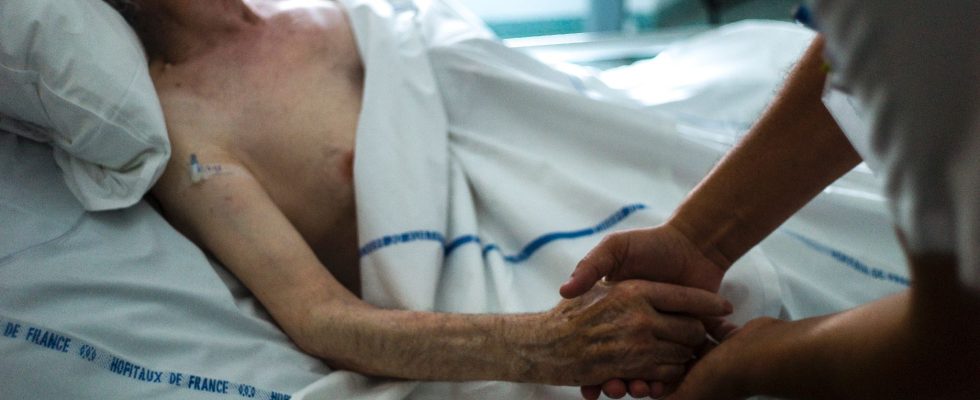Clarity is a fundamental democratic issue. This is true for all the texts before Parliament; this is essential when it comes to anthropological and ethical issues. However, today, it seems that the bill on the end of life could have two parts – one on the development of palliative care, the other on the establishment of active assistance in dying in our country . However, these two legislative objects cannot and must not be found in the same text: we call on the government to dissociate them and submit them separately – whatever the route chosen, parliamentary or referendum.
There is now consensus on the criticality of the development of palliative care. There are no ethical questions and we are united on the same diagnosis and on the same goal. The relief of suffering is a cardinal principle of our medicine, moreover, of the very essence of our common ethics; As with all other healthcare, it is about ensuring equitable access throughout the country to all our fellow citizens and their families.
From the National Consultative Ethics Committee to the evaluation mission on the Claeys-Leonetti law, via the CESE Citizens’ Convention or patients and healthcare professionals, the diagnosis and ambition are unequivocal: 21 departments do not still have no palliative care service, which leaves free choice difficult as long as the supply remains so insufficient. Beyond the territorial network, the issue is also that of a shared culture, of a health and social continuum which must allow everyone to live the end of their life with dignity. The practical solutions – funding and training – are known and must now be deployed on a large scale with a determination that obliges us to benefit the most vulnerable among us.
Do not distort the debate
Active assistance in dying – whether euthanasia or assisted suicide – is of a completely different scope in law and there is no consensus. The subject here is not to argue for or against this active assistance in dying. It is important, with deep respect for each other’s philosophical positions, to simply not distort the debate. Combining essentially different questions in the same text would be an error and would deprive us collectively of the freedom of expression conferred on us by the Constitution. Voting for a text as essential on a legal level as that which opens the possibility of causing death, even if in a precise medical protocol, requires that everyone be able to speak out in conscience.
Beyond the final decision, the clarity specific to the ordering of the debates would be an expected contribution to our common ideal of a peaceful nation and a society reconciled with democracy.
* Signatories (in alphabetical order): Blandine Brocard, deputy for Rhône (MoDem); Vincent Bru, deputy for Pyrénées-Atlantiques (MoDem); André Chassaigne, deputy for Puy-de-Dôme (PCF); Pierre Dharréville, deputy for Bouches-du-Rhône (PCF); Patrick Hetzel, deputy for Bas-Rhin (LR); Caroline Janvier, MP for Loiret (Renaissance); Yannick Neuder, deputy for Isère (LR); Astrid Panosyan-Bouvet, MP for Paris (Renaissance); Dominique Potier, deputy for Meurthe-et-Moselle (Socialist); Cécile Untermeyer, MP for Saône-et-Loire (Socialist); Frédéric Valletoux, deputy for Seine-et-Marne (Horizons); Annie Vidal, MP for Seine-Maritime (Renaissance)
